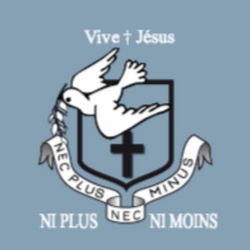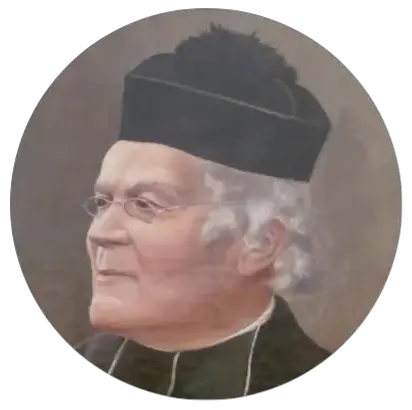Our history
From one thing to another…
At the end of the nineteenth century, in Troyes, an expanding industrial town, textile factories were looking for cheap labour. Many young girls came from the countryside to be employed in the workshops. Their lives were precarious and exposed to danger of all kinds. After a day’s work, they often have no place to stay or leisure appropriate for their age.
One day, Father Louis Brisson, an enthusiastic priest in the Troyes diocese was in a shop when a group of young girls who worked in the textile factories told him that they did not know what to do with their time on Sundays. Struck by their distress he opened centres and homes where there was a family atmosphere and they could live and relax safely. Thus, they become happy and responsible women who are not afraid to show their Christian faith.
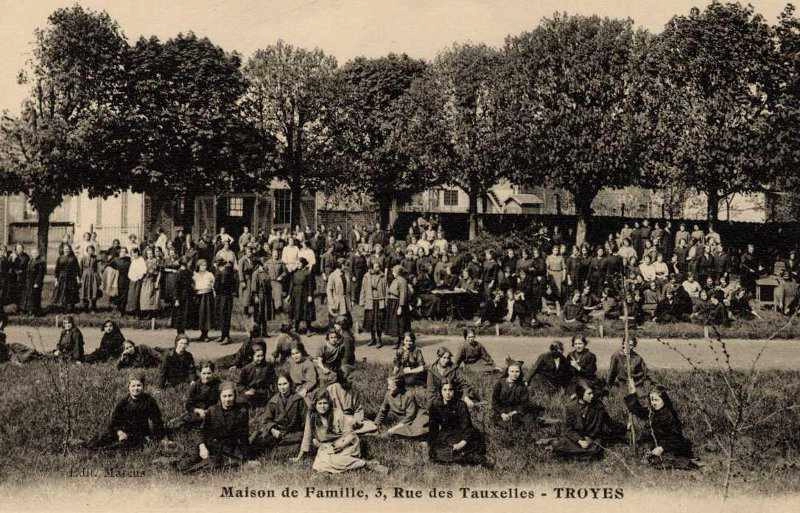
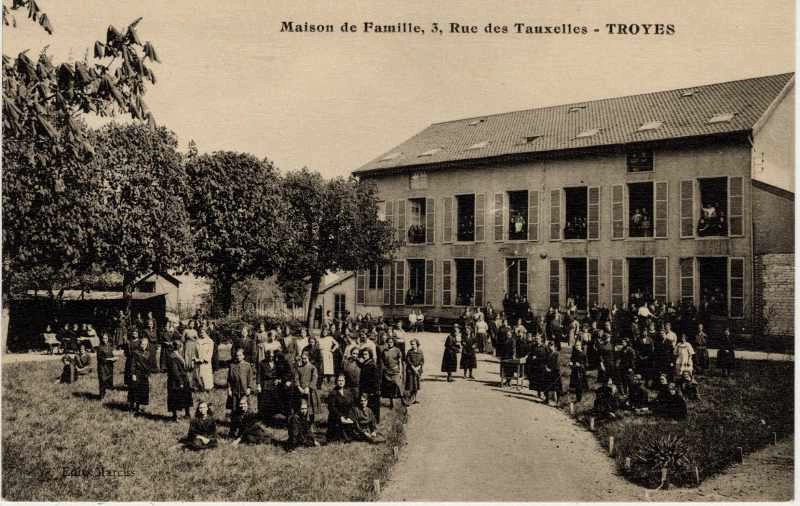
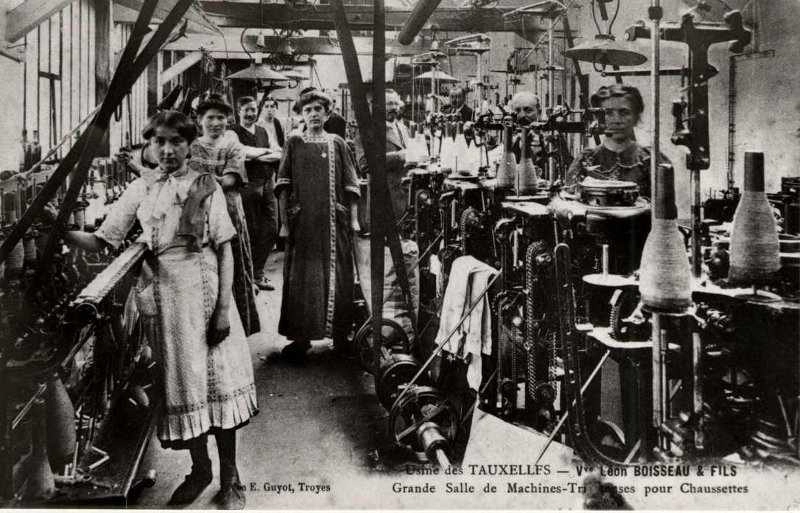
To ensure the future of his homes, Father Louis Brisson founded the Congregation of the Oblates of St. Francis de Sales with Leonie Aviat and Lucie Canuet. Very quickly, he also opened schools to contribute to the intellectual formation of the young girls who were mostly illiterate. He saw in the support provided in these homes and the education in his schools, a means of evangelization to fight against the dechristianisation and the moral and spiritual poverty of the young people and their families.
On April 18, 1866, they entered the work of the “rue des Terrasses” : the Congregation of the Oblate Sisters of Saint Francis de Sales was born.
Expansion of the Congregation…
Léonie Aviat, who became Sister Françoise de Sales, was its first Superior. Soon, other girls joined the two founders and surrounded the young workers with their loving care. In Troyes, many works and patronages were opened: Œuvre Saint-Jean, Œuvre Saint-Nicolas, Œuvre Saint Rémy, de Saint-Nizier. In addition to the Family Houses (hostels) and Workers’ Works, the Founders opened schools for young workers. Then boarding schools also opened in Paris and Troyes for the wealthier girls to make them benefit from Salesian spirituality. Works are also born elsewhere in France, Austria, Italy, Switzerland.
Father Brisson – who became the Founder of the Oblates of Saint-François de Sales – sent missionaries to South Africa and then to Ecuador where the Oblates joined them.

Religious persecution…
The anti-religious laws of 1901 unfortunately put an end to many Works in France and the Oblate Sisters had to leave France: the Mother House and the novitiate moved to Perugia, Italy. The Sisters who remained in France were obliged to leave the religious habit.
It was in this context that Father Brisson died on February 2, 1908 in Plancy where he retired at the age of 90. The Foundress was able to return – in civilian clothes – to receive her last blessing for herself and her religious family.
Mother Françoise de Sales, from Perugia, cares about each of her daughters, scattered throughout the world, is interested in their Works and encourages them by an abundant correspondence where she lets her mother’s heart speak. But on January 10, 1914, she died in Perugia, following a short illness. Her Assistant, Sister Madeleine de Sales Pupey-Girard, was then elected Superior General, and continued the work of the Founders.
Today…
In 1941, the Sisters who remained in France were allowed to take back their religious habit. Then, on April 11, 1948, the Mother House and the Novitiate found their home in Troyes, rue des Terrasses, the cradle of the Congregation. The Works continue to develop in France and abroad. New communities are being established to meet the needs of dioceses: in Europe, South Africa, Ecuador, Colombia and the USA .
